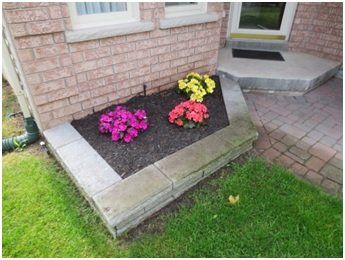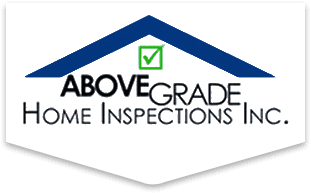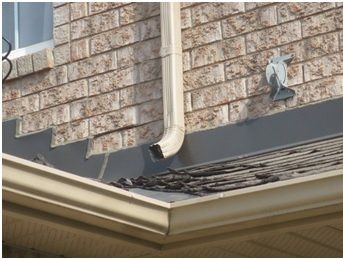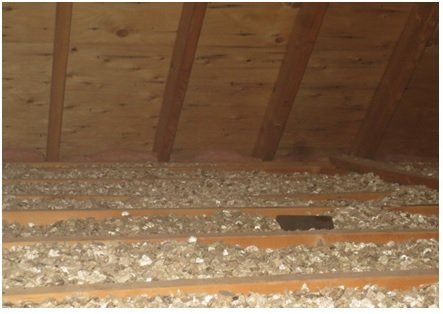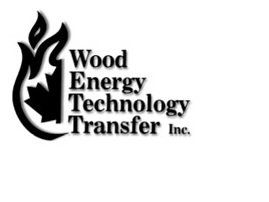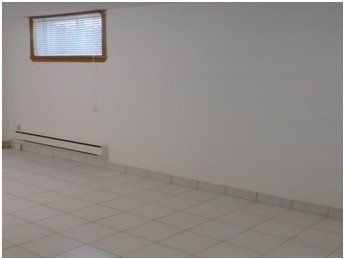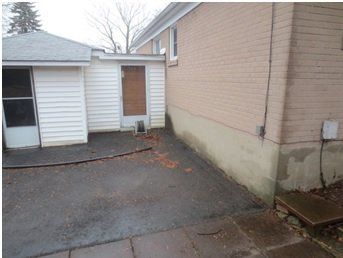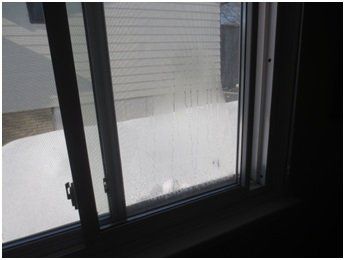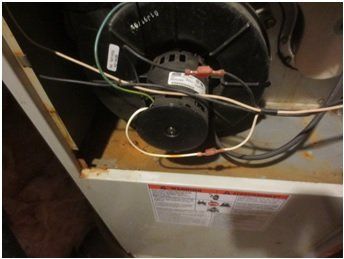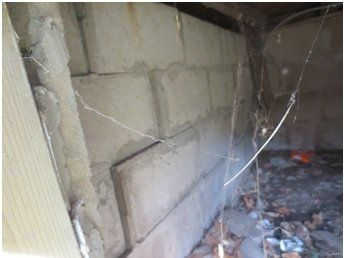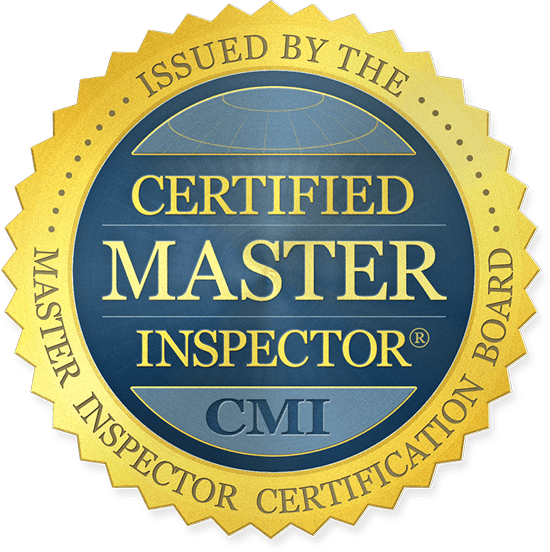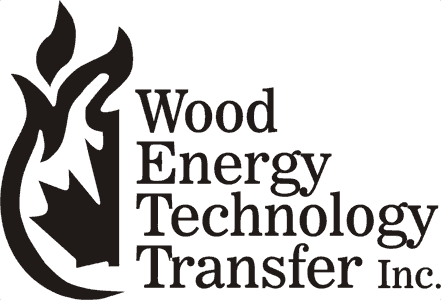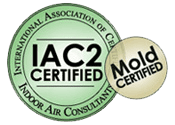By
far one of the most common observations in regards to the roof system during a
home inspection is the lack of downspout extensions. Unfortunately, current
building codes do not require builders to install ideal downspout arrangements,
therefore resulting in accelerated shingle wear and deterioration.
So what can you do to help improve drainage
off the roof and prevent accelerated shingle wear? Your home inspector will
likely recommend a simple improvement such as extending downspouts directly
into gutters. In two storey homes or homes with various roof levels, drainage
from up high can be discharged onto a lower roof such as the garage or front
porch roof. Simple downspout extensions here can save you from increased
localized wear and premature leakage.
One other important aspect to downspouts is
ensuring they discharge far enough away from the foundation to prevent
potential basement leakage. Every home is a little different, but in general if
downspouts are extended at least three to four feet away from the foundation,
you can greatly reduce the risk of having a wet basement problem.
Also, ensuring the downspouts are in proper
working condition helps prevent leakage onto exterior surfaces which can cause
unsightly staining all the way to brick spalling.
Chances are if you’ve had a home
inspection
your home inspector has probably made some sort of comment or
recommendation about improving downspouts and roof drainage. Most improvements
can be done by homeowners themselves with very little cost and will help them
save money in the long run.
Above Grade Home Inspections Inc. has been performing
professional home inspections
since 2006 in Barrie, Alliston, Orillia,
Innisfil, Wasaga Beach and Collingwood.
